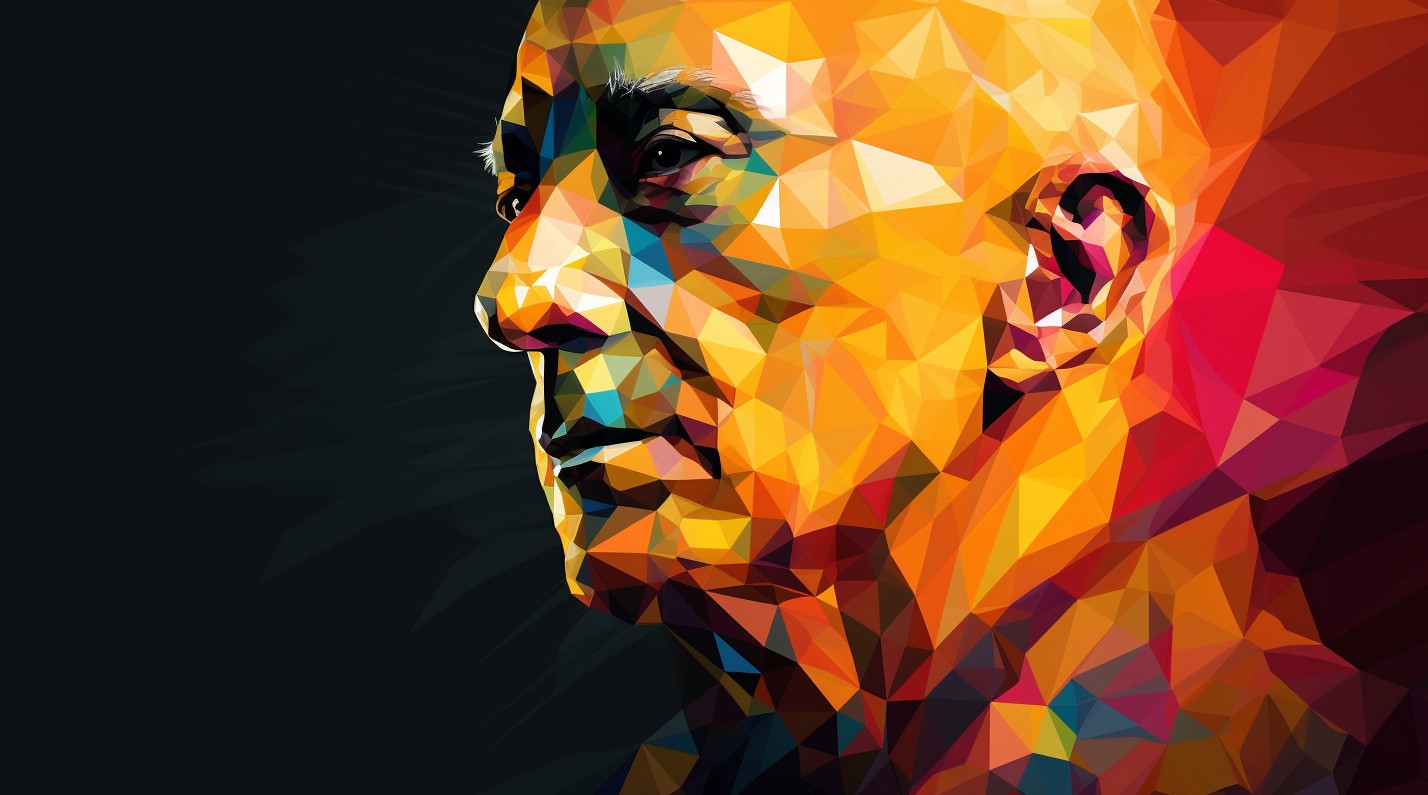
Durante l’Italian Tech Week di Torino, Jeff Bezos, fondatore di Amazon e uno degli uomini più ricchi al mondo (con un patrimonio stimato di 235,4 miliardi di dollari secondo Forbes Real-Time), ha definito l’attuale entusiasmo per l’intelligenza artificiale (IA) come una “bolla”.
“Sebbene l’IA in questo momento sia una bolla, è davvero una di quelle tecnologie destinate a cambiare tutto. Come l’aratro, come l’elettricità”
Bezos ha spiegato che in momenti di grande euforia come quello attuale, “ogni esperimento viene finanziato, ogni azienda riceve fondi, indipendentemente dalla qualità delle idee”. Secondo il miliardario, questo scenario rende difficile per gli investitori distinguere tra progetti validi e iniziative destinate al fallimento, sottolineando come molte società ottengano finanziamenti miliardari prima ancora di lanciare un prodotto sul mercato.
Nonostante i rischi, Bezos ritiene che la cosiddetta “bolla industriale” dell’IA possa avere effetti positivi nel lungo periodo. Ha ricordato l’esempio della bolla biotecnologica degli anni ’90, quando numerose aziende fallirono e molti investitori persero denaro, ma da quel fermento nacquero anche farmaci salvavita. “Quando tutto si sarà stabilizzato, emergeranno i veri vincitori, e la società beneficerà delle loro innovazioni”, ha dichiarato, aggiungendo che l’intelligenza artificiale trasformerà ogni settore e aumenterà la produttività di tutte le imprese nel mondo.
Bezos non è l’unico a mettere in guardia contro una possibile sopravvalutazione del mercato dell’IA. Sam Altman, CEO di OpenAI (con un patrimonio stimato di 2,3 miliardi di dollari secondo Forbes Real-Time), aveva espresso un’opinione analoga ad agosto. In un’intervista a The Verge, Altman ha affermato che “le bolle nascono quando persone intelligenti si entusiasmano troppo per una verità di fondo”, pur riconoscendo che l’IA rappresenta “l’innovazione più importante degli ultimi tempi”.
Anche Elon Musk, fondatore di Tesla e SpaceX e attualmente l’uomo più ricco del mondo (481,9 miliardi di dollari secondo Forbes Real-Time), ha espresso preoccupazione per la rapidità dei progressi dell’intelligenza artificiale. A luglio, su X (ex Twitter), Musk ha scritto che l’IA ha già superato la maggior parte delle capacità umane e che entro cinque anni potrebbe diventare più intelligente di qualsiasi essere umano.
Il dibattito sulla “bolla dell’intelligenza artificiale” sembra quindi destinato a proseguire, alimentato dalle opinioni divergenti dei leader tecnologici che, pur riconoscendone i rischi, ne intravedono un potenziale trasformativo senza precedenti.
Ti è piaciuto questo articolo? Ne stiamo discutendo nella nostra Community su LinkedIn, Facebook e Instagram. Seguici anche su Google News, per ricevere aggiornamenti quotidiani sulla sicurezza informatica o Scrivici se desideri segnalarci notizie, approfondimenti o contributi da pubblicare.

 Innovazione
InnovazioneL’evoluzione dell’Intelligenza Artificiale ha superato una nuova, inquietante frontiera. Se fino a ieri parlavamo di algoritmi confinati dietro uno schermo, oggi ci troviamo di fronte al concetto di “Meatspace Layer”: un’infrastruttura dove le macchine non…
 Cybercrime
CybercrimeNegli ultimi anni, la sicurezza delle reti ha affrontato minacce sempre più sofisticate, capaci di aggirare le difese tradizionali e di penetrare negli strati più profondi delle infrastrutture. Un’analisi recente ha portato alla luce uno…
 Vulnerabilità
VulnerabilitàNegli ultimi tempi, la piattaforma di automazione n8n sta affrontando una serie crescente di bug di sicurezza. n8n è una piattaforma di automazione che trasforma task complessi in operazioni semplici e veloci. Con pochi click…
 Innovazione
InnovazioneArticolo scritto con la collaborazione di Giovanni Pollola. Per anni, “IA a bordo dei satelliti” serviva soprattutto a “ripulire” i dati: meno rumore nelle immagini e nei dati acquisiti attraverso i vari payload multisensoriali, meno…
 Cyber Italia
Cyber ItaliaNegli ultimi giorni è stato segnalato un preoccupante aumento di truffe diffuse tramite WhatsApp dal CERT-AGID. I messaggi arrivano apparentemente da contatti conosciuti e richiedono urgentemente denaro, spesso per emergenze come spese mediche improvvise. La…